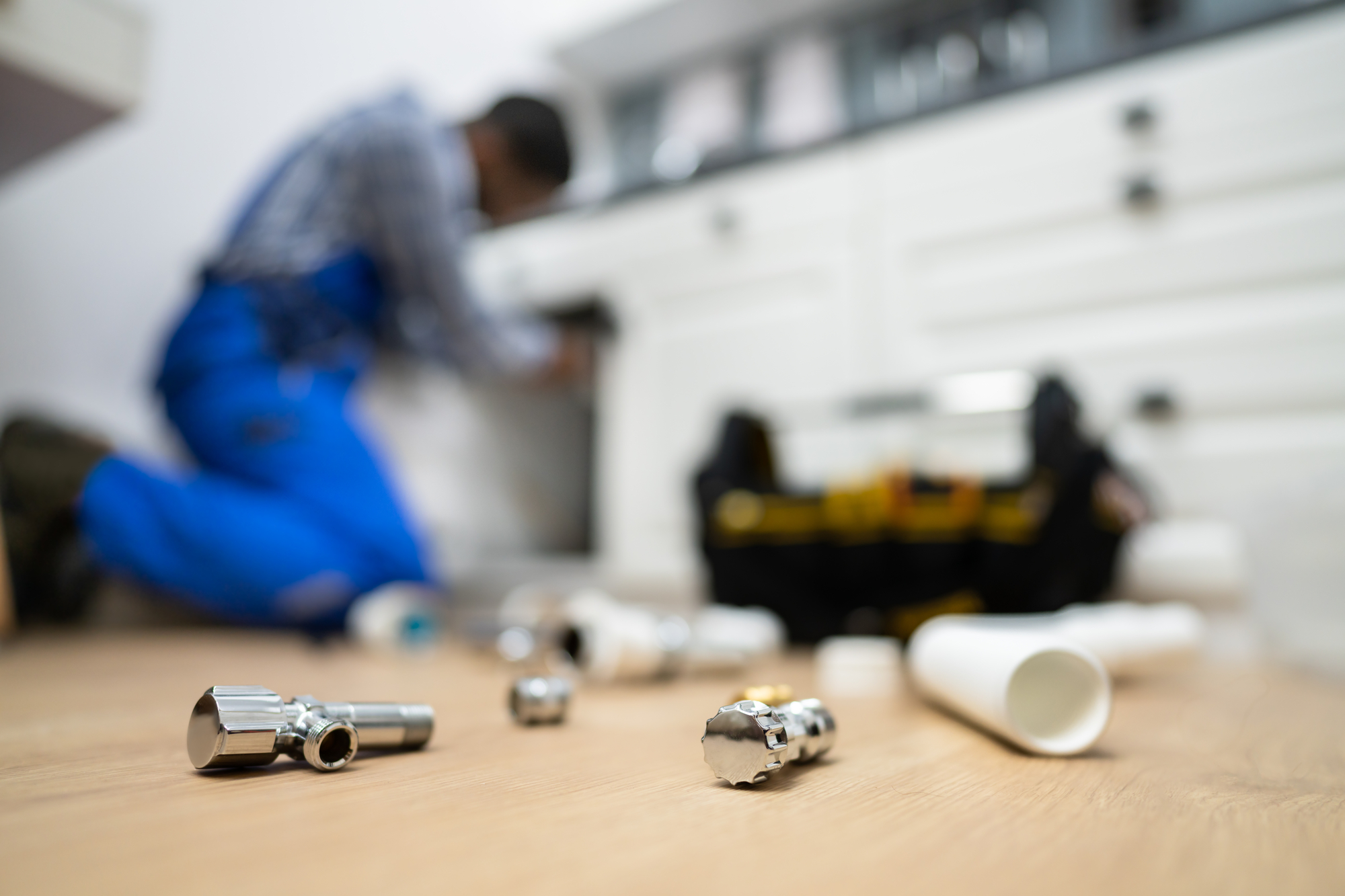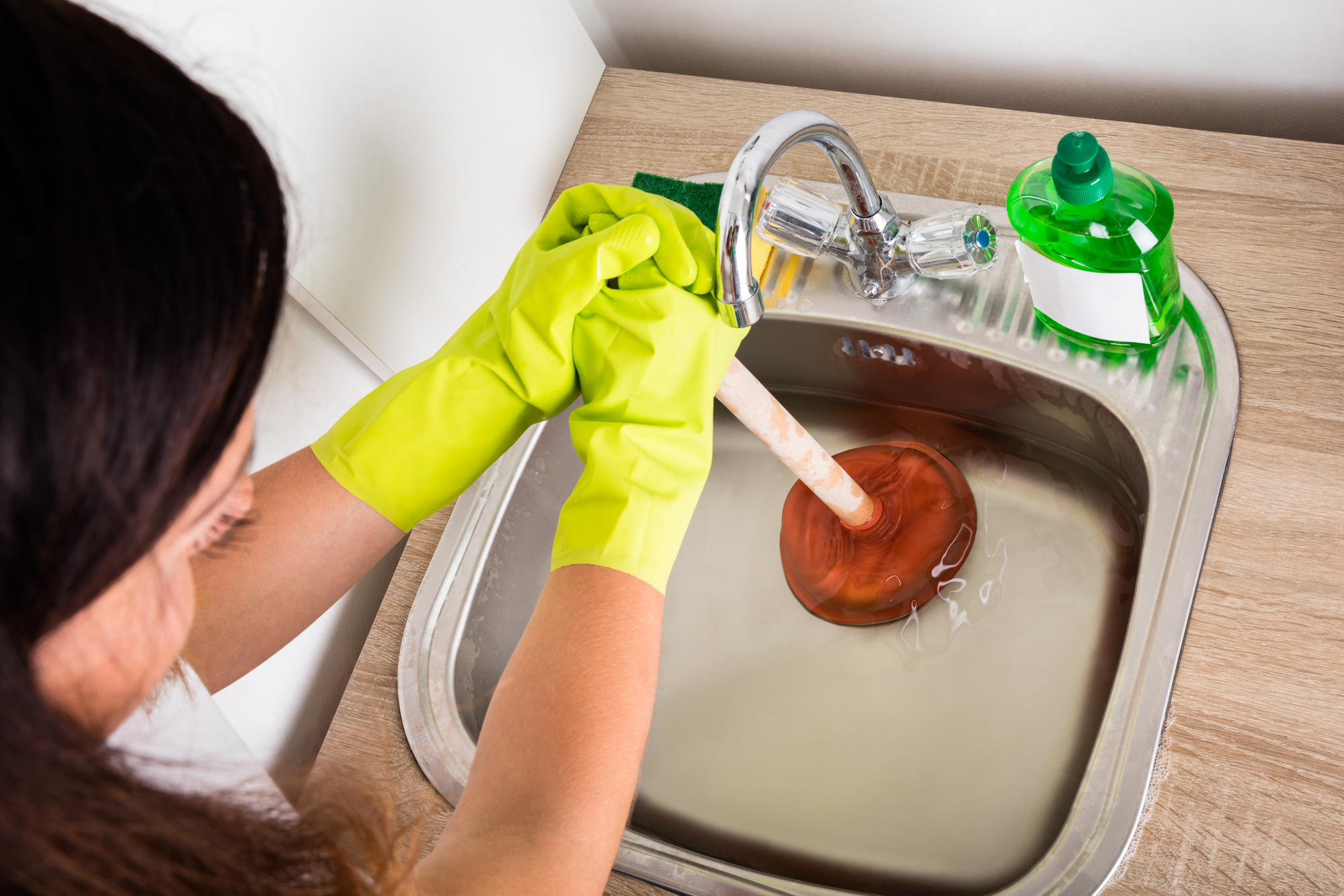Engineering plastics play a significant role in domestic plumbing. These plastics are known for their durability, strength, and resistance to chemicals and heat. They are used to make several plumbing components such as pipes, valves, fittings, and pumps. This article will delve into the specific roles that engineering plastics play in domestic plumbing.
Pipes made of engineering plastics
Pipes made of engineering plastics are found in several plumbing systems, such as water supply and drainage systems. These pipes are robust, lightweight, corrosion-resistant, and easy to install. They have smooth internal walls that increase water flow, and their diameters remain constant even at high temperatures. Engineering plastics such as Polyethylene (PE), Polyvinyl chloride (PVC), and Acrylonitrile butadiene styrene (ABS) are commonly used to make plumbing pipes.
Valves made of engineering plastics
Valves in plumbing systems are used to control the flow of fluids, which may be water, gas, or steam. They are made of different materials such as brass, bronze, or steel, but engineering plastics such as Polypropylene (PP), Polyethylene (PE), or Polyvinylidene fluoride (PVDF) have become popular. Valves made of engineering plastics are corrosion-resistant, lightweight, and easy to install, and are suitable for use in corrosive or hazardous environments. They are commonly used in wastewater treatment plants or chemical processing plants.

Fittings made of engineering plastics
Fittings are components used to join or connect pipes in plumbing systems. They are made of different materials such as copper, brass, or stainless steel, but engineering plastics such as Polypropylene (PP) or Polyvinyl chloride (PVC) have become popular. Fittings made of engineering plastics are lightweight, resistant to chemicals, and have a long service life. They are commonly used in water supply systems or irrigation systems.
Pumps made of engineering plastics
Pumps are used to move fluids such as water, oil, or gas in plumbing systems. They are used in several applications such as water supply, irrigation, or sewage treatment. Pumps are usually made of metals such as cast iron, bronze, or stainless steel, but engineering plastics such as Polypropylene (PP), Polyethylene (PE), or Polytetrafluoroethylene (PTFE) are becoming more popular. Plastic pumps are lightweight, have a low cost of maintenance, and are suitable for use in environments with corrosive or abrasive fluids.

Engineering plastics and sustainability
Engineering plastics are non-toxic, recyclable, and can contribute to sustainability in plumbing systems. Compared to traditional materials such as metals or concrete, engineering plastics require less energy and resources to produce, transport and install. They can be recycled and used for other applications, reducing waste and promoting a circular economy. Additionally, plastic pipes can generate less noise pollution due to their smooth walls, which reduces the need for insulation.
Conclusion
Engineering plastics play a crucial role in domestic plumbing by providing durability, strength, and resistance to chemicals and heat. They are used in pipes, valves, fittings, and pumps, and have become more popular due to their lightweight, cost-effectiveness, and sustainability. Plumbing systems that use engineering plastics can benefit from reduced maintenance costs, higher efficiency, and better environmental outcomes. If you are looking for plumbing services that use engineering plastics, give Ace Plumbing a call at (844) 711-1590 or visit our website at aceplumbingrepair.com.





